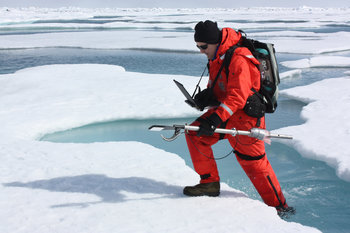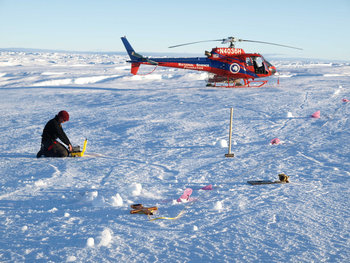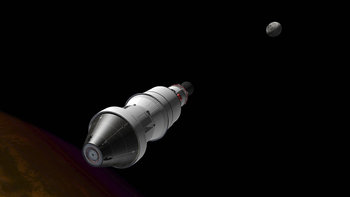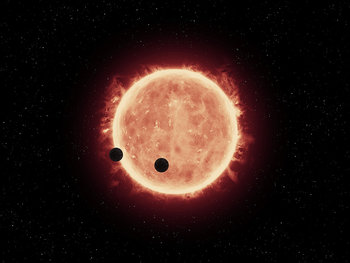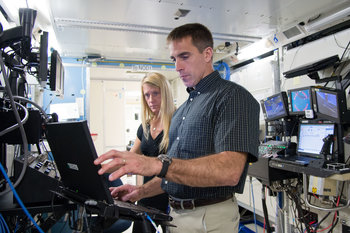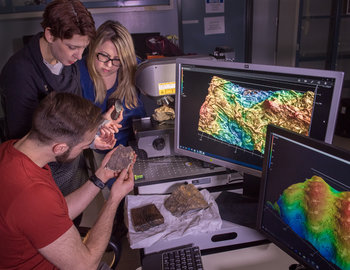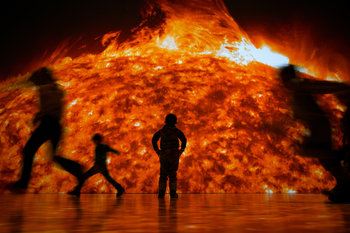
Logic
Logic is a formal science for the analysis and appraisal of arguments using symbols. Accepted systems of logic, particularly those that conform to the constraint of excluded middle, can be considered internally consistent. Logic is the root of all hard science.Mathematics
Mathematics is the foundational science of structure, order, relationships and change. This relies on logic to the prove the correctness of its statements, theorems and conjectures.Statistics
The branch of mathematics that is concerned with the collection, analysis, presentation and interpretation of data.Theoretical Computer Science
Theories in computer science can often be proven correct. For example, a proof that an algorithm represents an optimal solution to a problem.Natural Science
A broad branch of science that is concerned with description, prediction, and understanding of observable facts. This is specifically constrained to things that are measurable such that the scientific method can be executed in a rigorous fashion that will stand up to peer review and replicability.Physics
Physics is the foundational natural science that investigates the basics of the physical world including mater, energy, space, movement and forces.Biology
A broad science that studies the observable characteristics of living organisms and related systems and processes.Chemistry
Chemistry is the study of elements and compounds including their composition, structure, properties, behavior and reactions.Earth Sciences
The branch of science dealing with the observable characteristics of the planet Earth and its atmosphere. This includes many sciences such as geology, geography, geophysics, geochemistry and atmospheric sciences.Notes
The list above isn't exhaustive. All formal and natural sciences are considered hard sciences. For example, physics has dozens of branches such as astronomy that are also considered hard science.| Overview: Hard Science | ||
Type | ||
Definition | Branches of science that strictly adhere to the scientific method or proofs of correctness. | |
Related Concepts | ||



